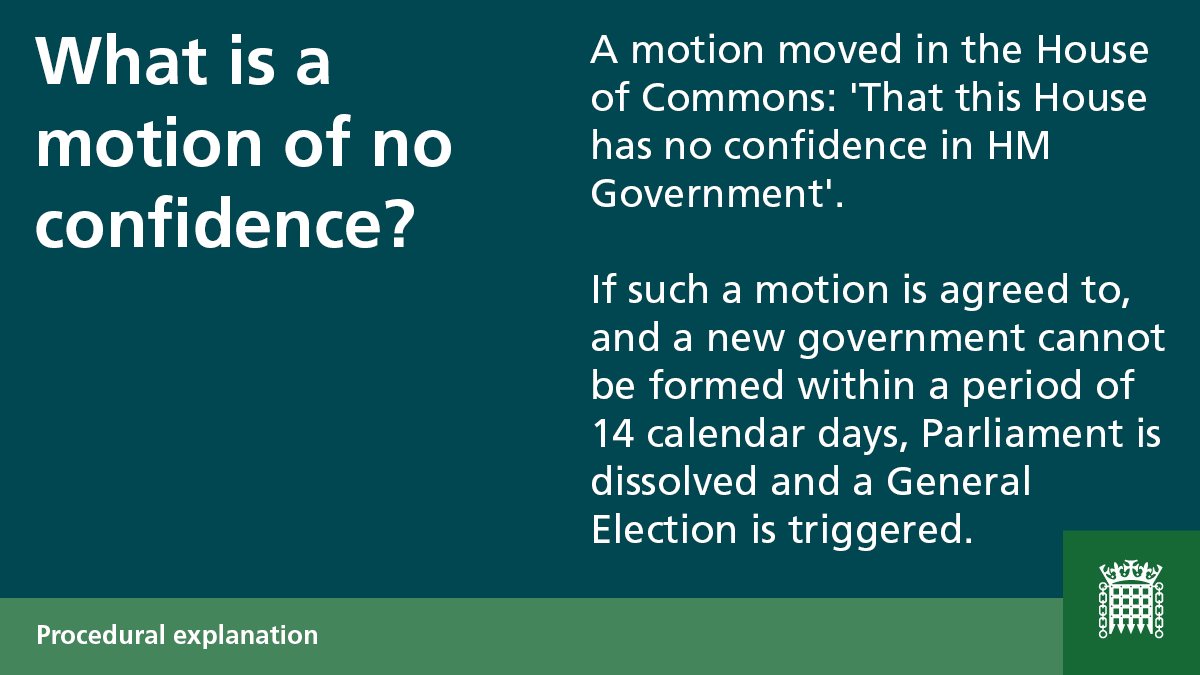Brexit deal rejected, Theresa May now faces confidence vote
Opposition Labour Party leader Jeremy Corbyn has put down a motion of no confidence against UK PM Theresa May that will be debated in the UK Parliament at 7pm on Wednesday
Last Published: Wed, Jan 16 2019. 05 00 AM IST
Flavia Krause-Jackson, Bloomberg
British PM Theresa May in UK Parliament after the Brexit deal vote. If the no confidence vote is successful, there will be 14 days for a new government to be formed, or a general election will be scheduled. Photo: Reuters
Prime Minister Theresa May’s Brexit deal was rejected by the UK Parliament in a humiliating defeat, her plan for leaving the European Unionall but dead. She now faces a confidence vote in her government. The House of Commons voted 432 versus 202 against the divorce the UK government brokered with the European Union. A margin of less than 60 would have given grounds to hope that the Brexit deal was salvageable, with the EU poised to engage in ways to make it more palatable.
UK House of Commons
✔@HouseofCommons
.@jeremycorbyn has put down a motion of no confidence in the Government.
It will be debated and voted on tomorrow, Wednesday 16 January 2019.
If it is successful, there will be 14 days for a new government to be formed, or a general election will be scheduled.979
1,126 people are talking about this
Now, more than two years after the nation voted to leave the 28-nation bloc, the UK is facing political paralysis over a decision that has divided the nation and its political class for decades. The largest parliamentary defeat in over a century prompted the main opposition Labour Party to pounce with a confidence motion to try to force a general election.
The vote will be at 7pm on Wednesday.
“It is clear the House does not support this deal,” May told lawmakers following the vote. “But tonight’s vote tells us nothing about what it does support,” she said, pledging to talk to her Northern Irish allies and senior politicians across Parliament to try to reach a consensus. “The government will approach these meetings in a constructive spirit.”

Opposition Labour Party leader Jeremy Corbyn in the UK Parliament after the Brexit deal vote. Photo: AP
A government spokesman later told reporters May doesn’t believe her Brexit deal is dead, and that cross-party discussions could be the basis for future agreement. The spokesman said those talks would begin as soon as Thursday, and that ideas coming from those discussions would need to be put to the European Union.
The pound rebounded on news of the plan for cross-party discussions.
But May also acknowledged the “scale and importance” of the vote and said the first step must be to confirm that lawmakers still had confidence in her government.
The early signs are that May is likely to win the confidence vote. Northern Ireland’s Democratic Unionist Party, which props up her government, indicated it will support May, as did the group of pro-Brexit Tories which led a failed effort to oust her over her Brexit strategy late last year.
May’s choices are limited by the fact that her Conservative party does not have a majority in Parliament, and the competing interests of lawmakers who want a clean break from the EU and those who want to preserve close ties to the bloc. An opposition party with a sniff of power also complicates matters.
The UK is scheduled to leave on 29 March, and an increasingly boxed-in prime minister could well decide to ask fellow EU leaders for an extension—though her spokesman said the government has no plan to do so.
The initial reaction to the vote from Brussels was not positive.
“The risk of a disorderly exit has increased with this vote,” the spokesman for EU President Donald Tusk said in a text message. “While we do not want this to happen, we will be prepared for it.”
This story has been published from a wire agency feed without modifications to the text. Only the headline has been changed.
First Published: Wed, Jan 16 2019. 02 28 AM IST




ಕಾಮೆಂಟ್ಗಳಿಲ್ಲ:
ಕಾಮೆಂಟ್ ಪೋಸ್ಟ್ ಮಾಡಿ